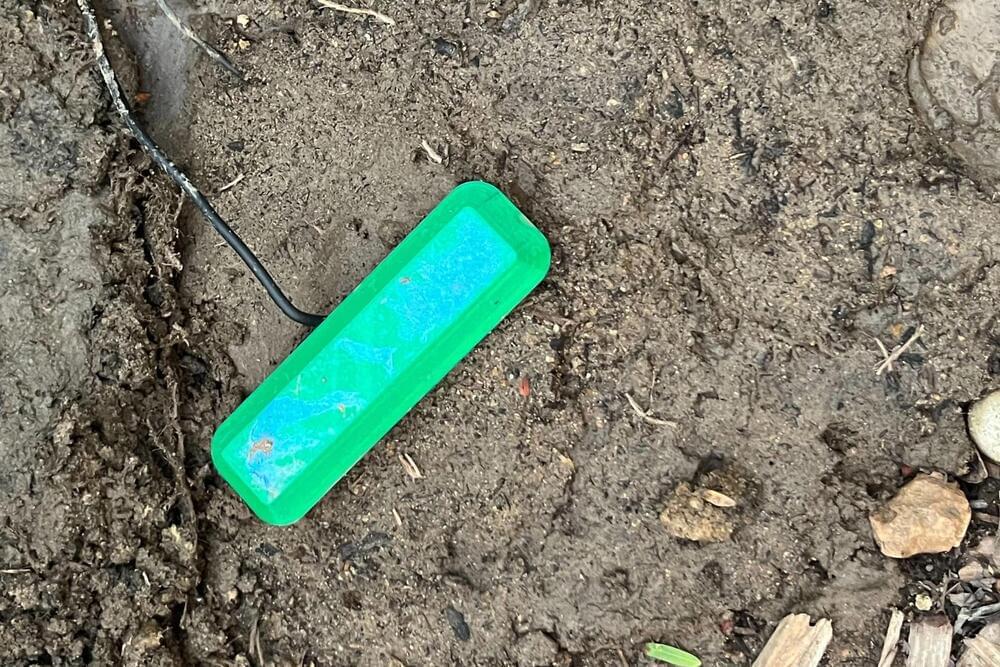A Northwestern University team has demonstrated a remarkable new way to generate electricity, with a paperback-sized device that nestles in soil and harvests power created as microbes break down dirt – for as long as there’s carbon in the soil.
Microbial fuel cells, as they’re called, have been around for more than 100 years. They work a little like a battery, with an anode, cathode and electrolyte – but rather than drawing electricity from chemical sources, they work with bacteria that naturally donate electrons to nearby conductors as they chow down on soil.
The issue thus far has been keeping them supplied with water and oxygen, while being buried in the dirt. “Although MFCs have existed as a concept for more than a century, their unreliable performance and low output power have stymied efforts to make practical use of them, especially in low-moisture conditions,” said UNW alumnus and project lead Bill Yen.
